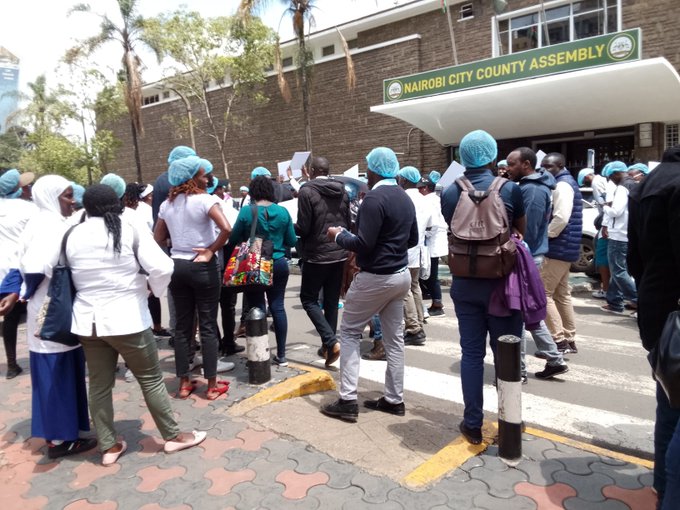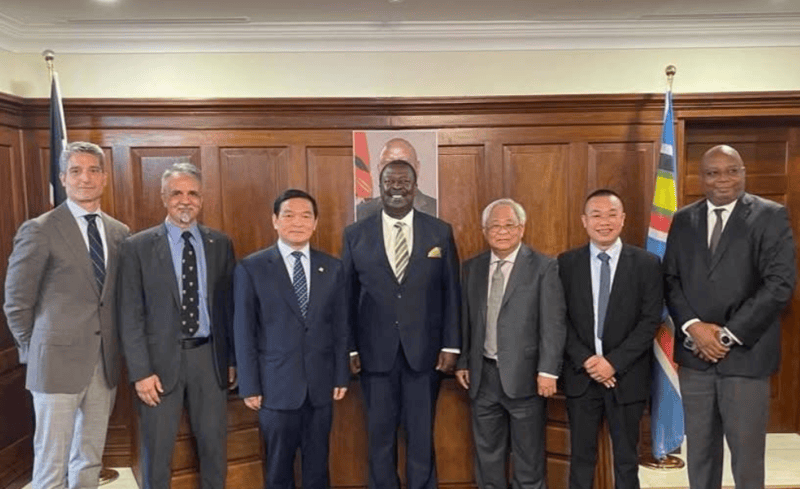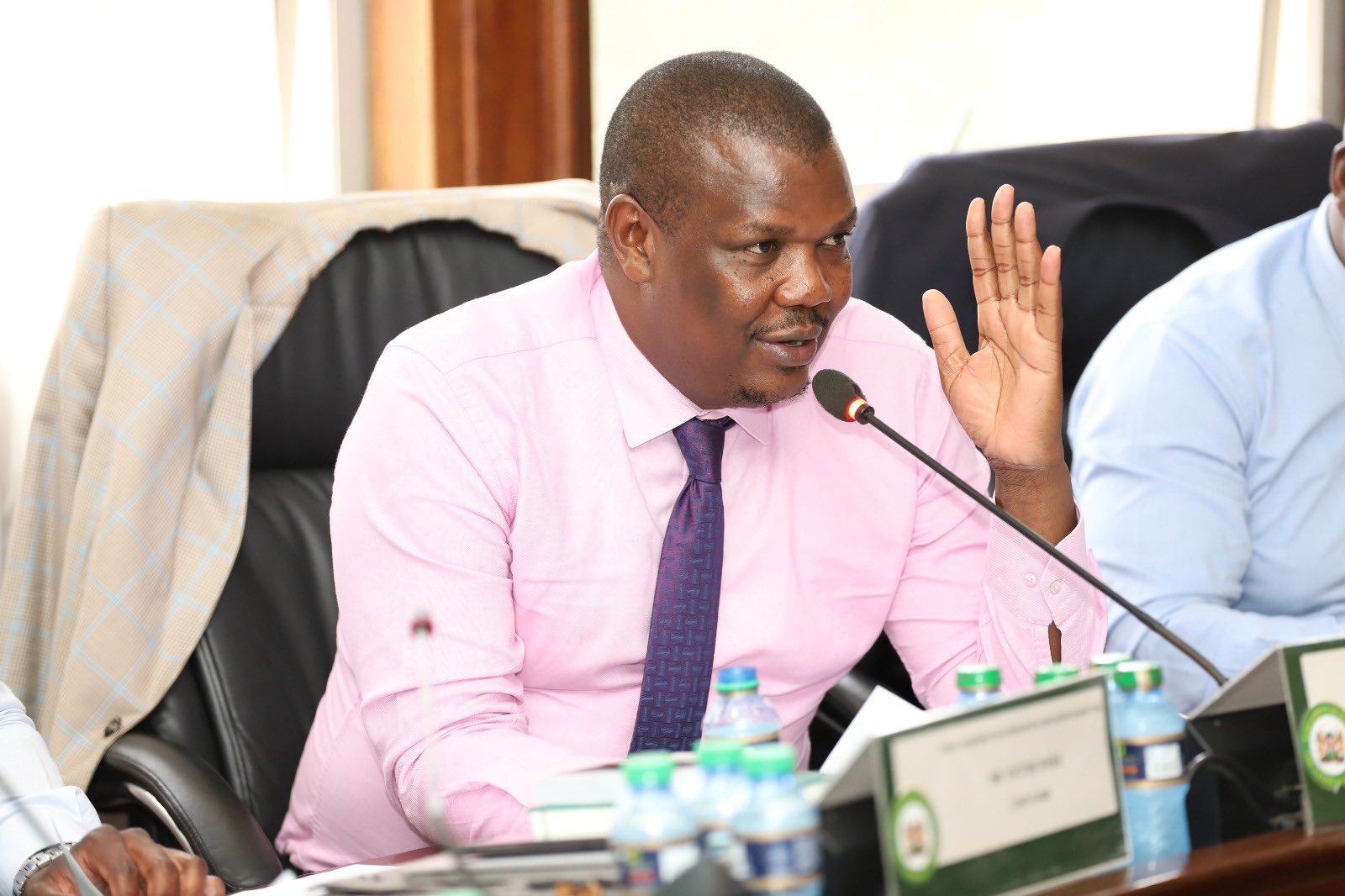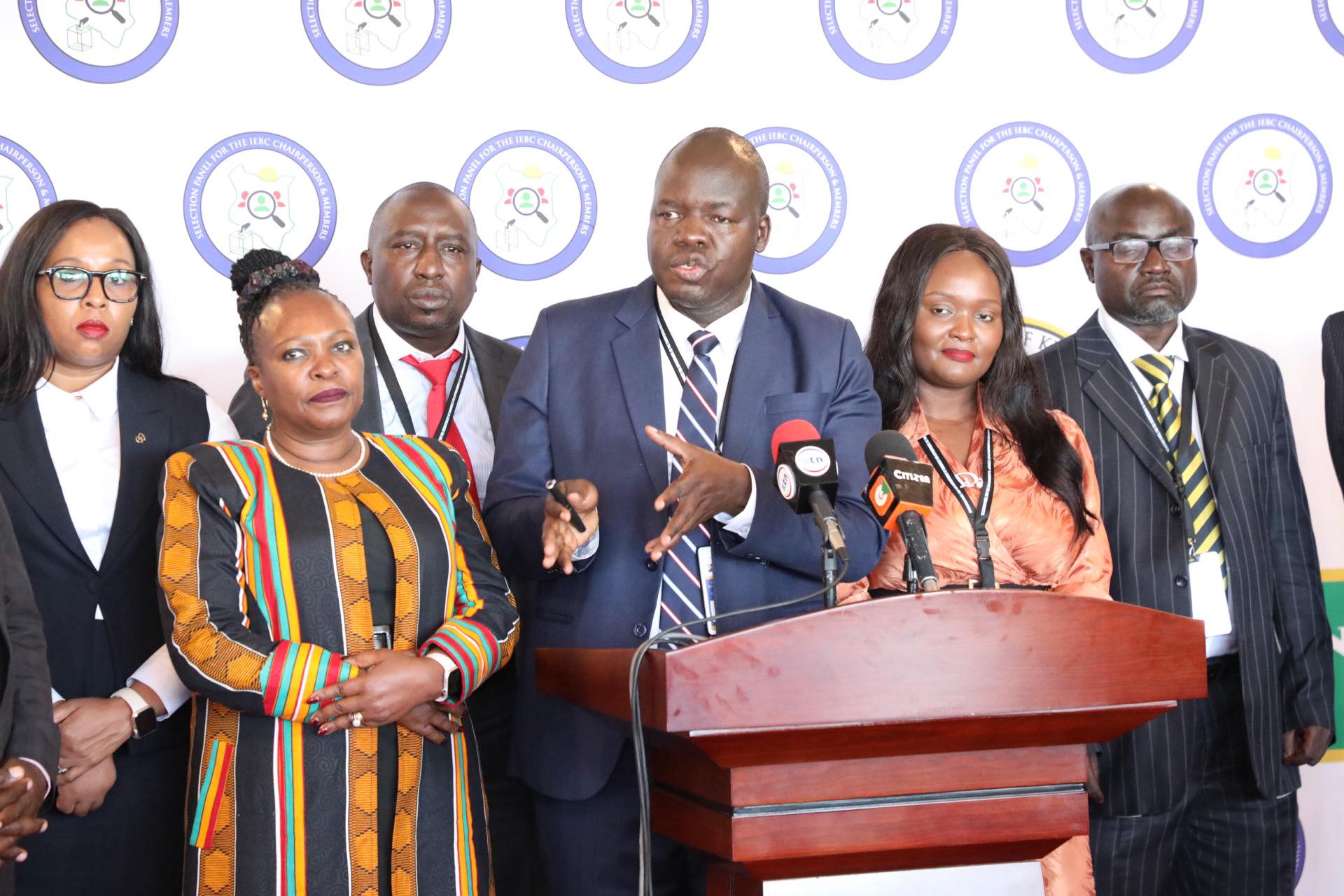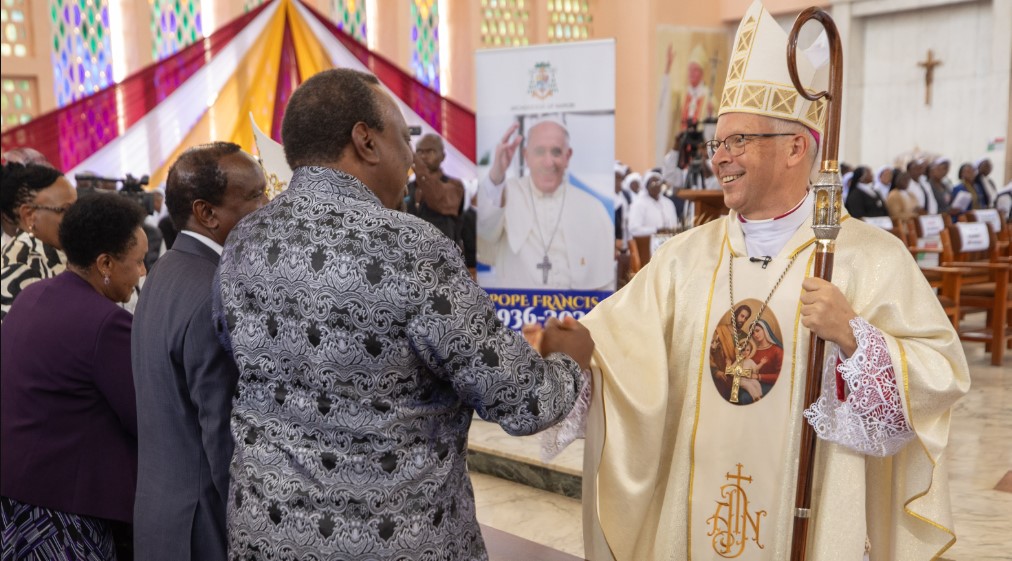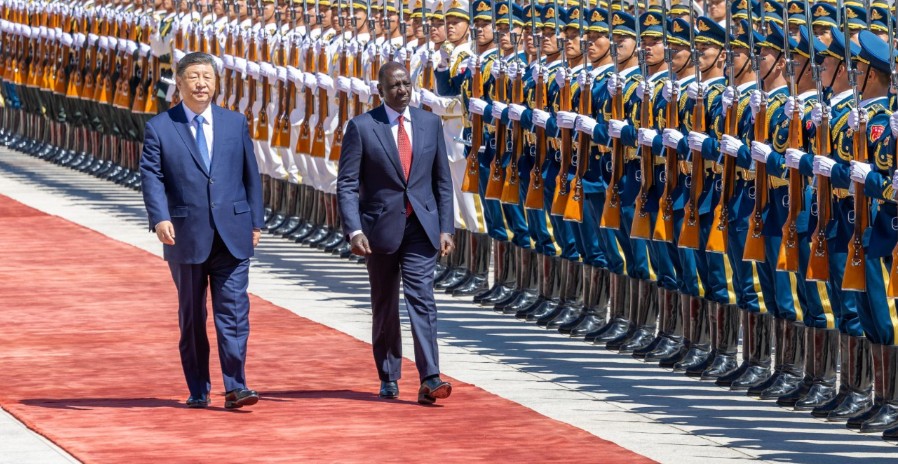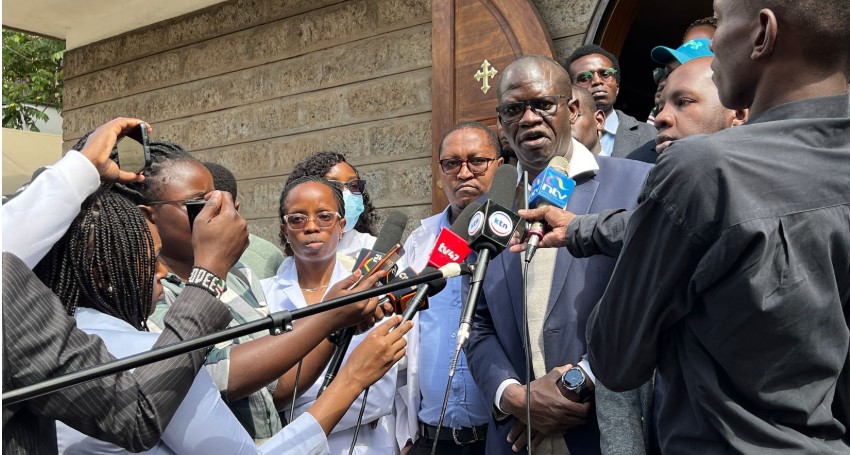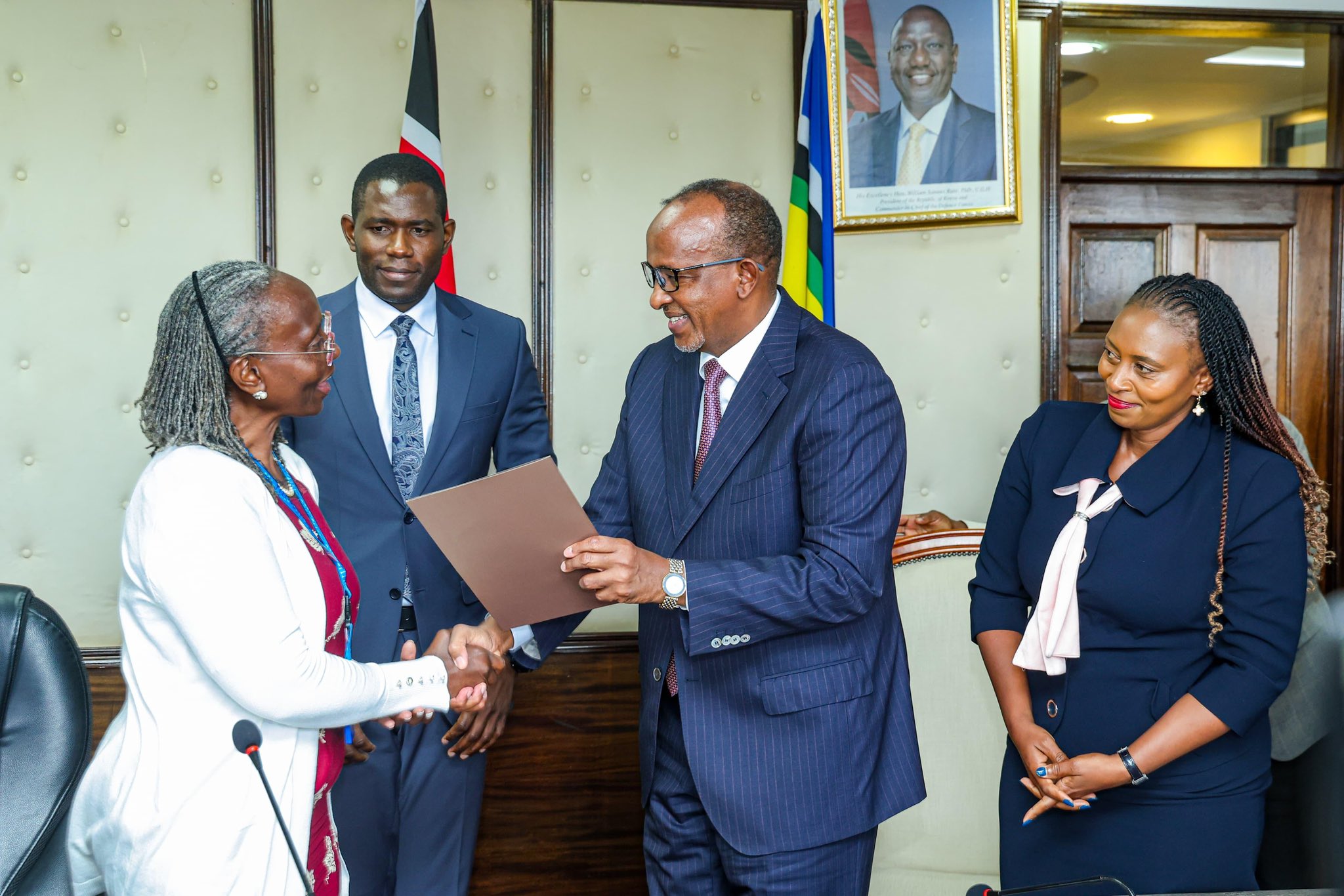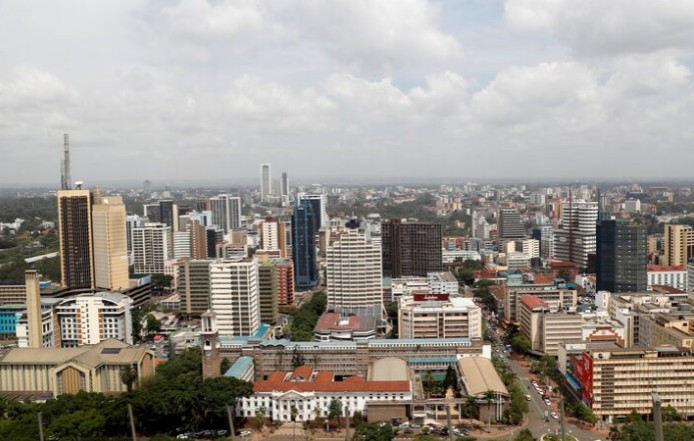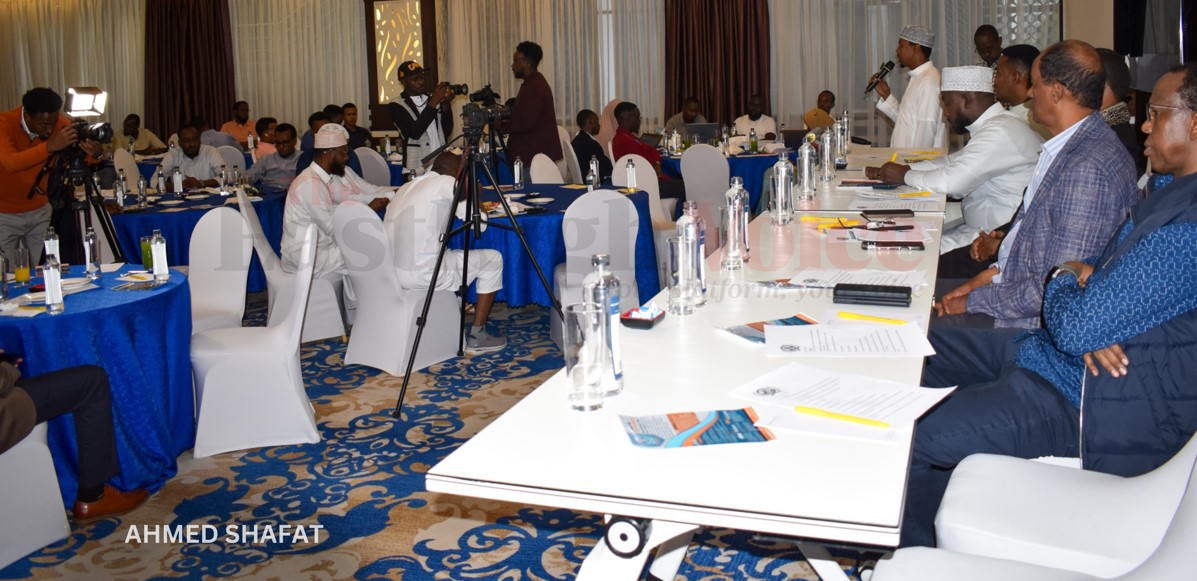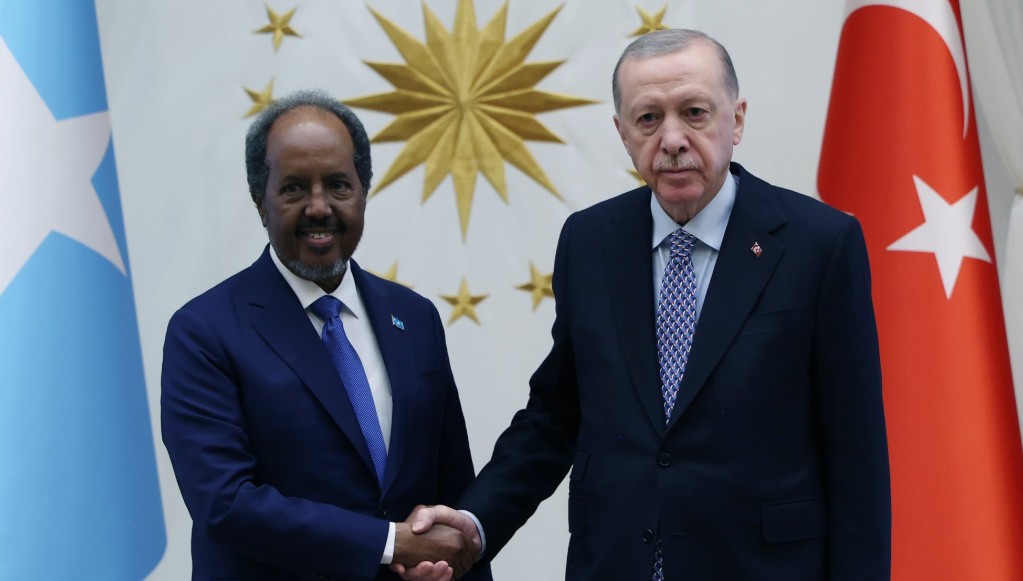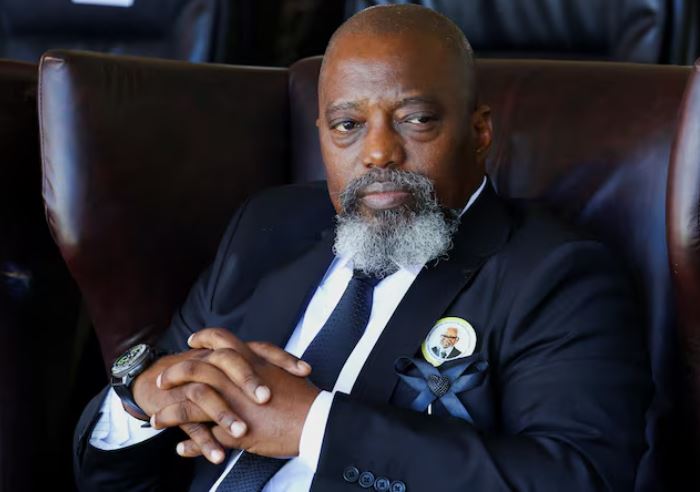Gachagua criticises high taxation, urges President Ruto to rethink housing program
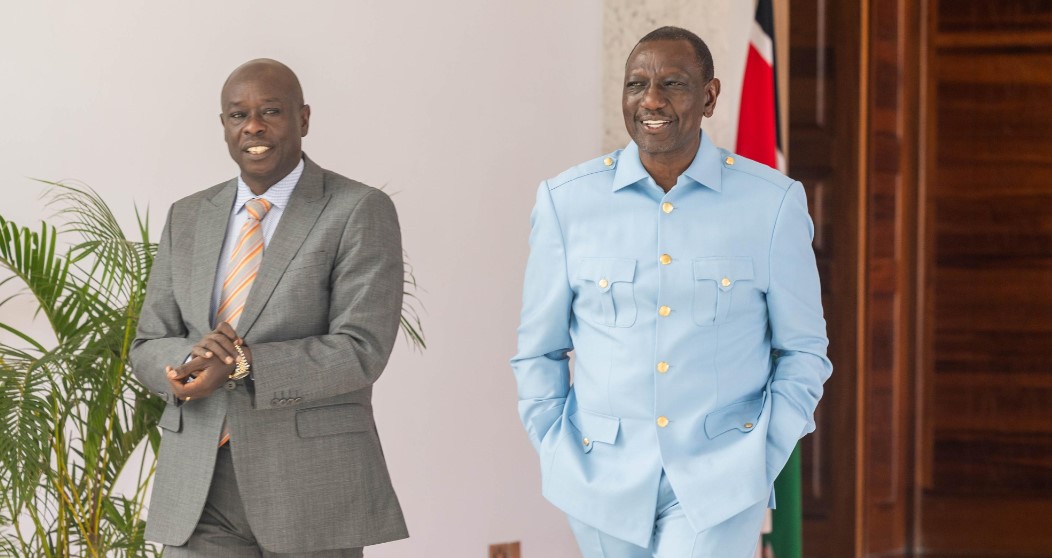
Gachagua, while reflecting on the role of the Deputy President as outlined in the 2010 Constitution, stated that his position allows him to speak candidly with Ruto about issues affecting the country.
Impeached Deputy President Rigathi Gachagua has urged President William Ruto to reconsider his administration's approach to taxation and project implementation, emphasising the need for public input and dialogue.
Speaking on Sunday at Karen Hospital, Gachagua expressed concerns that Kenyans are being burdened by excessive taxes and projects that do not align with their needs. He highlighted the negative impact of high taxation on businesses, arguing that it is detrimental to the livelihoods of many Kenyans.
More To Read
- Kenya deepens China ties while quietly courting Washington as Ruto, Xi announce partnership
- Vietnam gas president blasts Kenya, Africa for lack of vision, poor execution
- Civil Society raises alarm over credibility of 2027 polls following shortlisting of Ruto allies
- China to fund SGR extension, Nithi Bridge construction under newly signed 20 agreements
He criticised the push for housing programs that he believes do not meet the population's needs, asserting that citizens should not be compelled to accept initiatives they do not want.
“Don't evict people without conversation. Mr. President, don't overtax people. You are killing them. You are killing their businesses. Don't force a housing program on people. If people do not own these houses, don't force them. My only problem with the president is just being truthful, because nobody else can tell him,” he said.
Gachagua, while reflecting on the role of the Deputy President as outlined in the 2010 Constitution, stated that his position allows him to speak candidly with Ruto about issues affecting the country.
He emphasised that his criticism stems from a commitment to serve the people and highlighted ongoing corruption as a significant concern.
“The framers of the 2010 constitution wanted a deputy president who was elected... The challenge we are being treated to is getting rid of an elected deputy president and appointing a control freak, a fellow you appoint who cannot ask a question, who cannot say anything. And I'm sure if they succeed, he'll be asked to sign an undated resignation letter so that in case he starts asking questions, he resignes,” he said.
“But the framers of the 2010 Constitution were very clear in their mind why they wanted a deputy president who is elected. I'm the only man in the cabinet and in the whole government who can stand up to President William Ruto and tell him, Hey, brother, this is not right," he added.
He further claimed there is rampant corruption in the government. "There's too much corruption. Mr. President, these things are being forced down on the people of Kenya, and they don't like it. Please don't force it down on them.”
In addressing recent legal challenges he faces, Gachagua mentioned that his lawyers are in court and that he has faith in the judiciary.
He reiterated his desire to be heard in the Senate regarding the allegations against him, framing the situation as a political manoeuvre aimed at removing him from office. He lamented that he had not been granted the opportunity to defend himself fully against the eleven counts levelled against him.
“I was there on day one, and even when the speaker asked me to sit down to listen to the charges, I decided to stand up to face my accusers. I was there the following day. I was ready for cross-examination on the 11 counts which is nothing but malice and fiction. It was a political game by the President to get rid of me,” he said.
“And looking at it, I don't think the President had any intention of ever working with me. I think he just needed me to help him win the election because of my mobilisation capacity and the faith in the Mt Kenya region.”
Gachagua also criticised the swift manner in which Ruto's administration is handling his potential removal from office. He questioned the urgency of the process, noting that the Constitution allows for a transition period of up to 74 days for appointing a new Deputy President. He raised concerns that this haste could undermine justice and circumvent legal scrutiny.
“The courts will interrogate the process and make and decide. But I ask that the President obey court orders,” he said.
Top Stories Today


